Johannesburg, Nov 19 (V7N) – The absence of U.S. President Donald Trump at the upcoming G20 summit in South Africa presents both a challenge and an opportunity for the host nation to shape the agenda for global leaders amid rising tensions over multilateral diplomacy. Washington announced it would not attend the first G20 summit on African soil, citing allegations that South Africa, once governed by a white-minority apartheid regime until 1994, now mistreats white citizens.
Trump’s refusal to participate also stems from his rejection of the summit’s proposed focus on promoting solidarity among nations, aiding developing countries in adapting to worsening climate disasters, transitioning to clean energy, and addressing excessive national debts.
While the absence of the world’s most powerful country may prevent groundbreaking declarations, the summit remains a showcase for Africa’s fast-growing economies, mineral wealth, and youthful population. South African President Cyril Ramaphosa acknowledged the symbolic significance of the empty chair, stating he would “hand over to that empty chair and then speak to President Trump.”
Key agenda items for South Africa include preparing for climate-induced disasters, sustainable debt management for low-income countries, financing energy transitions, and ensuring fair benefits from critical mineral production.
Other notable absences include Argentine President Javier Milei, attending for ideological reasons, and Russian President Vladimir Putin, who is avoiding the summit due to an International Criminal Court arrest warrant. China will send Premier Li Qiang instead of President Xi Jinping. Analysts say the U.S. absence may allow European countries and China to assume a more prominent leadership role.
Experts argue that Trump’s absence may reduce potential disruption, allowing individual national leaders to focus on bilateral trade and partnerships, while also drawing attention to Africa’s development challenges. French President Emmanuel Macron is expected to discuss energy transitions, launch a Franco-South African business council, and commemorate the contributions of French citizens to the anti-apartheid struggle.
Despite these opportunities, longstanding advocates of multilateral diplomacy remain frustrated. Trump’s prior policies, including cuts to foreign aid, unilateral tariffs, and opposition to global climate initiatives, reflect a broader skepticism of multilateral forums. Observers warn that disagreements among G20 members, especially regarding climate responsibilities, continue to limit the summit’s effectiveness.
South Africa sees this first African G20 summit as a critical moment to promote fairness in global resource use, highlight climate and energy issues, and showcase the continent on the international stage.
END/WD/AJ/



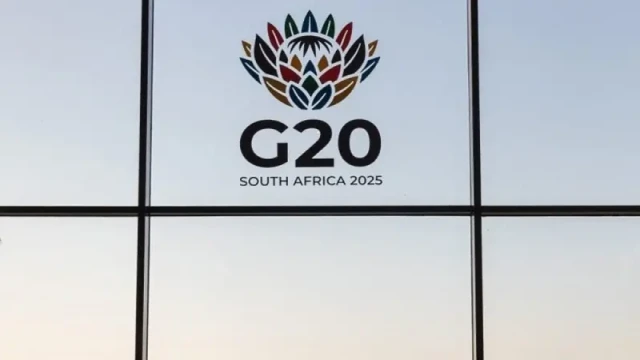
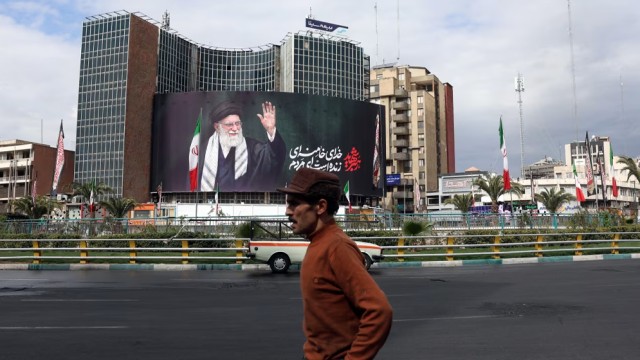
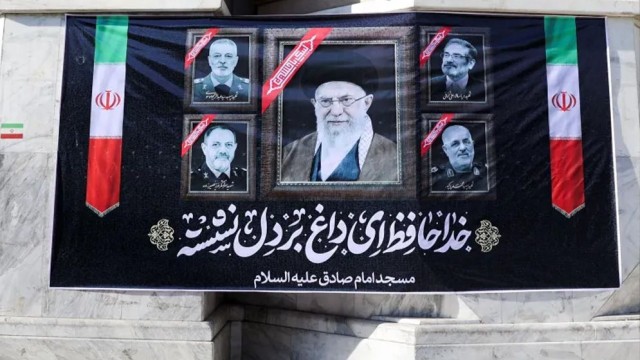
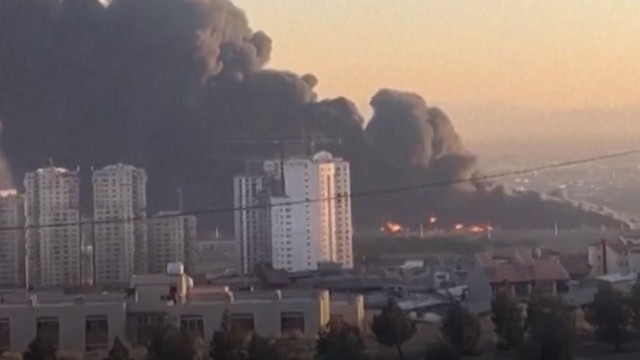
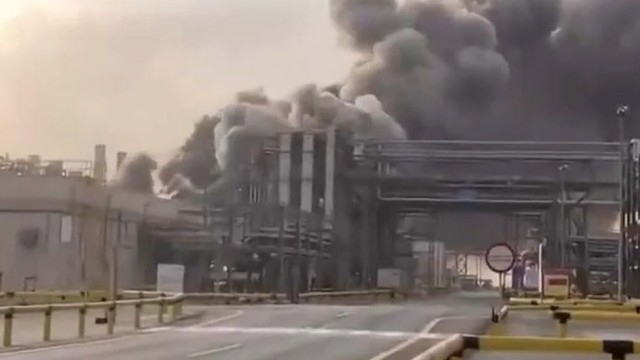
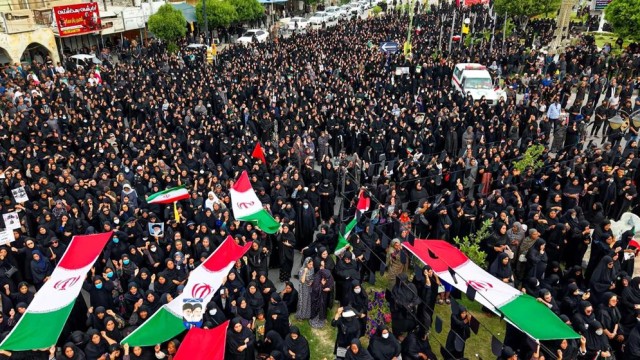
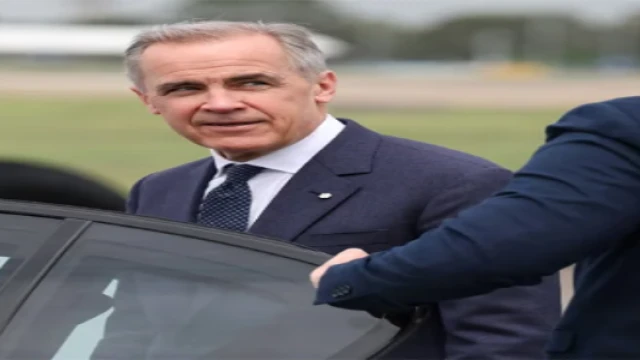
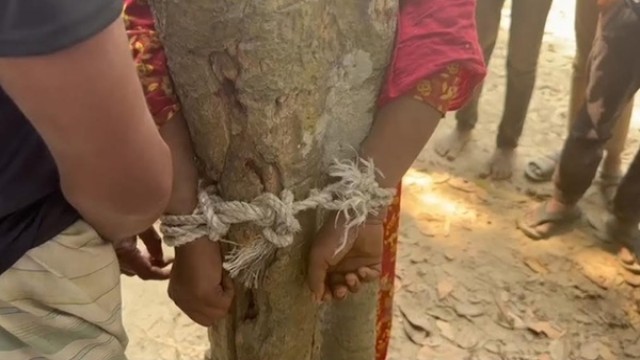
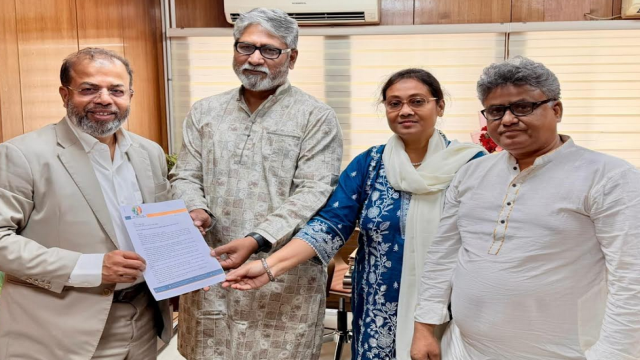


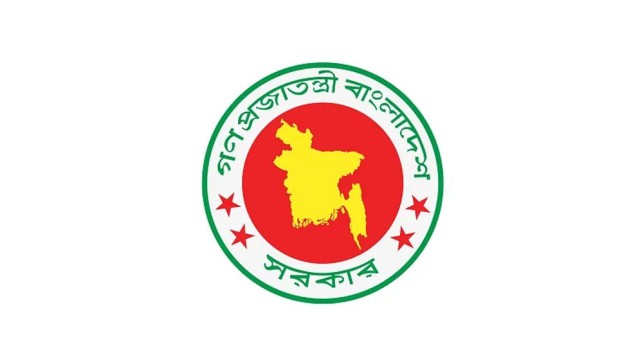
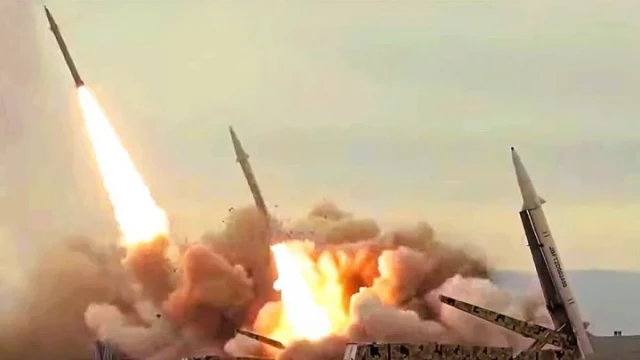
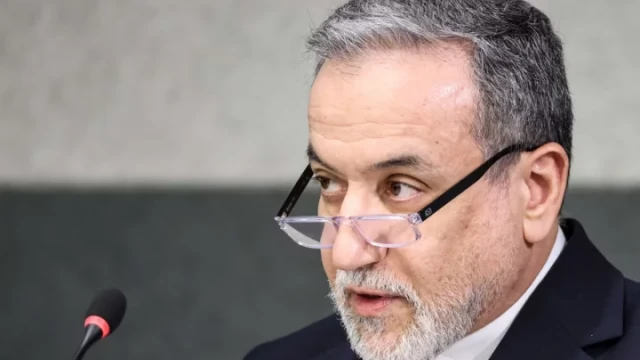
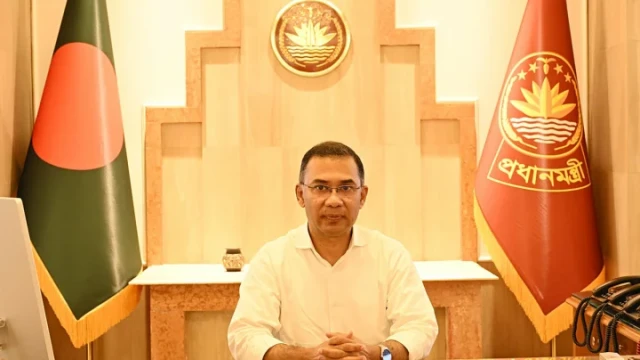
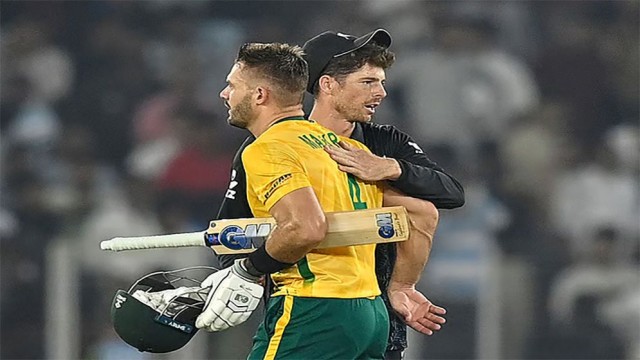











Comment: